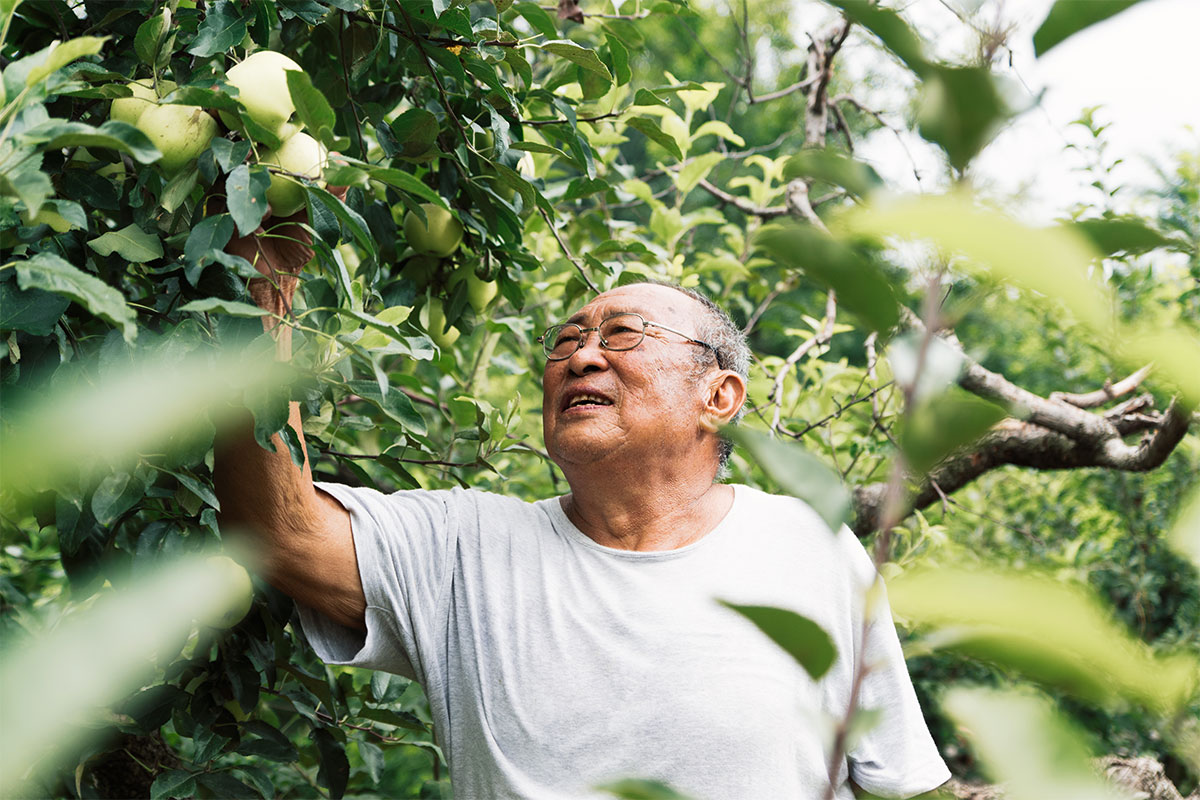Stepping Safely: Tips and Tools for Fall Prevention
Nov 19, 2024

Resources to help prevent falls
Did you know that more than one in four older adults in the U.S. falls each year? One out of five of those falls results in a serious injury, such as a hp fracture or head injury.
At Adventist Health Castle, we are committed to supporting your independence for as long as possible. Along with the free fall prevention resources provided here, our primary care specialists and pharmacists are available to discuss your individual risk factors, overall health, and medication needs.
Know your risk for falling
Some risk factors for falls are unavoidable, like aging. Older adults are generally at a higher risk of falling than younger people. However, there are many risk factors you can change or modify to lower your risk. These include:
1. Physical conditions: Lower body weakness, difficulty with gait and balance, and poor vision.
2. Tripping hazards: Steps, rugs, clutter, and ill-fitting or loose shoes.
3. Medication usage: Medications for blood pressure, anxiety, depression and sleep may increase your fall risk.
The more risk factors a person has, the greater the likelihood of falling. Talk to your doctor to learn how you can make positive changes.
Staying on your feet
Review your medications
Talk with your doctor about your medications, especially if you feel dizzy or light-headed. Some medications may have side effects that increase fall risk. Download your free medication guide.
Practice strength and balance exercises
Activities like yoga and tai chi can help you build balance and strength. Check with your local YMCA or YWCA to see if they offer classes. Your doctor can discuss physical therapy options to improve strength and balance.
Get regular eye and hearing tests
Bifocals or trifocals may not be ideal for walking. Ask your eye doctor about lenses specifically for mobility. Make sure any hearing aids fit properly.
Get enough sleep
Fatigue can increase your risk of falling. Aim for a restful night’s sleep to stay alert and steady.
Avoid alcohol consumption
Even a small amount of alcohol can affect your balance and reflexes, increasing the risk of falls.
Stand up slowly
Rising too quickly can cause a drop in blood pressure, which may make you feel faint. Take your time when standing up.
Wear well-fitting, rubber-soled shoes
Choose shoes that fully support your feet. Avoid wearing socks, slippers, or shoes with smooth soles on tile or wood floors, as they can be slippery.


